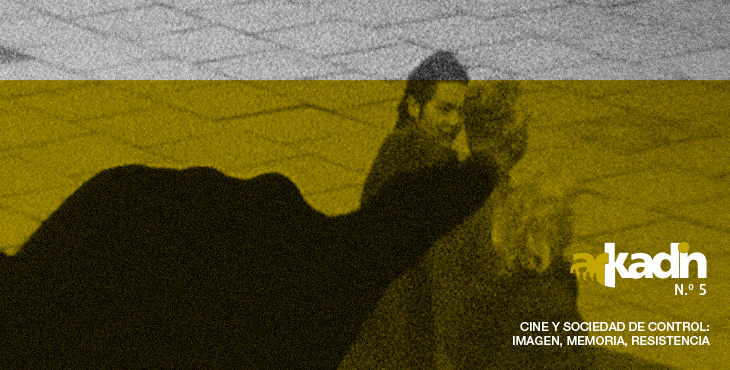Offside. La apropiación del género masculino como estrategia
Keywords:
Género, fútbol, performance, patriarcado, medio orienteAbstract
El artículo examina las prácticas y dispositivos de control que atraviesan la ficción cinematográfica Offside (2005), de Jafar Panahi. La lectura del film apela a los desarrollos conceptuales de Sherry Ortner y Judith Halberstam, articulando los estudios de género con la investigación de la sociedad de control en cuanto a su representación en un ámbito en el que se entrecruzan elementos en disputa entre relato cinematográfico, espectáculo deportivo e imaginario social en el Irán contemporáneo.Downloads
Published
How to Cite
Issue
Section
License
The acceptance of the manuscript by the magazine means the non-exclusive cession of the property rights of the authors in favour of the editor, who allows the reuse, after publication (post print), under a license Attribution-NonCommercial-NoDerivatives 4.0 International.
According to these terms, the material can be copied and redistributed by any means or in any format as long as a) the author and original source of the publication are quoted (magazine and URL of the work), access to the license is provided and whether changes have been made is mentioned; and b) the material is not used for commercial purposes.
The cession of non-exclusive rights means that after the publication (post print) in Arkadin the authors can publish their work in any language, means and format; in such cases it must be mentioned that the material was originally published in this magazine. Such cession also means the authorization of the authors for the work to be collected by SEDICI, the institutional archive of the Universidad Nacional de La Plata, and to be spread in the databases that the editorial team considers appropriate to increase the visibility of the publication and its authors.
Moreover, the magazine encourages the authors to deposit their productions in other institutional and thematic archives under the principle that offering the society the scientific and academic production without any restrictions contributes to a greater exchange of the global knowledge.
























